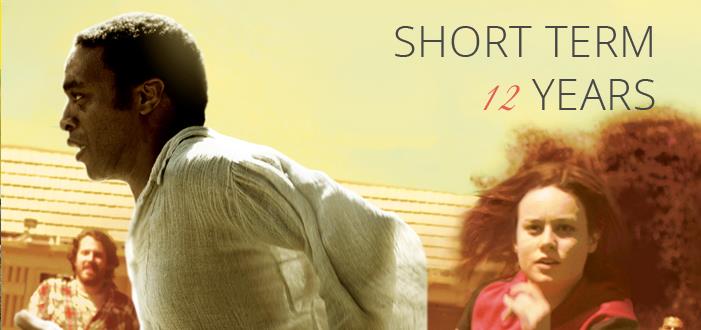
Short Term 12 Years
Short Term 12 illustrates the importance in the investment of the future of society’s well-being. Children are 20% of the population yet 100% of the future. But why should anyone care how the future ends up? Why does it matter to leave the world in a better place than how it was given to us? Why bother at all? These questions are not answered directly by the film. But they are significant to the dramatic foliage on-screen. Because the children presented here are orphans. Or more accurately, troubled orphans. Their parents, for whatever reason, were not able to be responsible with another’s life, let alone their own. And nearly always the result of an irresponsible person bringing children into this world is an uncontrollable havoc on the young impressionable life.
Such a continual chain-reaction of reckless decision-making through ancestry leaves the world with broken souls before they have had a chance to mature. And that is severely unfortunate. And that is the point of the entire film. That not all childhoods are happy. That if one was blessed with happiness; one was also cursed with obliviousness. Not to say guilt is in order for something that is out of one’s control, for after all we can’t decide on whom our parents are before we are born, only that perspective is important. The bumps found on the road of life are always relative to the mountains others have to climb over.
It is instinctual to want to mend the wounds of these troubled young humans. It too is instinctual to want to prevent even the possibility of such a realistic occurrence we see on screen, with young children finding meaning in suicide rather than surviving the life given to them. Short Term 12 then emphasizes the vitality of a proper education in society, as an inoculation against bad behavior that creates bad habitats to rear children in. Indeed it is about the future – not simply with the concern for others, but for the concern of ourselves. The great success of mankind has been not with planning per se, but rationally ordering the possibilities of his reality in his mind before it is created, enabling him to abstractly anticipate what will be. This control over his free will, from simply reacting to his immediate environment to reacting to an environment that has not been created yet, created the domestication of nature beginning with agriculture, allowing him to arrive closer towards an image of God. For in this instance, his agency became a greater influence on creation.
It really is that basic and that impassible. That is, it comes down to making good and bad decisions. But what is the it we refer to? Living life of course. There are good and bad decisions to fulfilling the concept of living, whether it is physical, biological, or spiritual. Quality exists, and lack of quality living results in having a story like Short Term 12 needing to be told.
Grade: B

